How Tariff Talk Is Boosting Demand for Unionwear’s USA-Made Products — But Will It Drive Long-Term Growth?
The article from BINJE discusses how recent tariff discussions have sparked increased interest in domestic manufacturing for companies like Unionwear, led by Mitch Cahn. This surge is attributed to the uncertainty surrounding global trade policies, prompting businesses to consider reshoring their production to the United States.
Unionwear, based in Newark, New Jersey, has experienced a notable uptick in inquiries from fashion brands seeking U.S.-based manufacturing solutions. The company’s ability to offer union-made, domestically produced goods positions it favorably amid the shifting trade landscape. However, while interest has grown, it’s yet to be seen whether this will translate into sustained revenue growth for Unionwear.
The broader context includes President Trump’s implementation of substantial tariffs on imports, such as a 145% additional tariff on Chinese goods, as reported by ASI Central. These measures have led to increased demand for American-made products across various industries, including promotional merchandise.
Despite the heightened interest in domestic manufacturing, challenges remain. Domestic production capacity may not be sufficient to meet the sudden surge in demand, and the long-term impact on revenue for companies like Unionwear will depend on various factors, including the stability of trade policies and the ability to scale operations.
In summary, while tariff discussions have generated increased interest in U.S.-based manufacturing, the extent to which this will benefit companies like Unionwear in the long term remains uncertain.
From Unionwear to RoboBurger: Manufacturing, Innovation & Success on Shark Tank
Join us for an insightful conversation with Mitch Cahn, founder of Unionwear, and Audley Wilson, CEO of RoboBurger, as we explore their entrepreneurial journeys, manufacturing success, and innovation. Mitch shares how he grew Unionwear into a leading U.S. manufacturer, supplying brands like Supreme and Budweiser while reshoring textile jobs. Audley discusses RoboBurger’s rise, automation in food tech, and its Shark Tank success. We dive into industry trends, challenges, and how the business ecosystem has supported their growth. Tune in for expert insights on U.S. manufacturing, automation, and entrepreneurship.
With major events like the USA’s 250th anniversary, the World Cup, and the Olympics on the horizon, the “Made in USA” trend is expected to gain momentum. Automation and AI-driven customization will play a critical role in shaping the future of domestic manufacturing.
2024 Presidential Campaign Merchandise Trends: How Hats, Sustainability, and Branding Shaped Voter Engagement
In the 2024 presidential election, campaign merchandise played a pivotal role in shaping candidate branding and voter engagement. Mitch Cahn, president of Unionwear, a prominent campaign merchandise supplier, shared insights into the evolving trends and strategies that characterized this election cycle.
Hats emerged as a central element in campaign merchandise, transcending traditional apparel to become powerful political symbols. The “Make America Great Again” (MAGA) hat from previous elections set a precedent, and in 2024, Kamala Harris’s camouflage hat gained significant attention, even being highlighted by Vogue as a fashion statement. Cahn noted that hats have become integral to presidential campaigns, serving as wearable billboards that supporters can don in various settings. Their versatility and widespread appeal have solidified their status as effective tools for conveying political messages.
Promotional products have a measurable impact on voter perceptions. A study by PPAI Research revealed that 53.3% of voters felt that such merchandise positively influenced their view of a candidate. This underscores the importance of thoughtfully designed and strategically distributed campaign items in shaping public opinion and fostering a connection between candidates and constituents.
Campaigns recognized the value of merchandise in their marketing strategies, with many allocating between 11% to 20% of their total budgets to branded items. This investment reflects an understanding of the tangible benefits that physical products offer in reinforcing campaign messages and enhancing voter engagement.
Sustainability emerged as a significant consideration in the production of campaign merchandise. Eco-friendly products accounted for 13.77% of total industry sales, marking a 20% increase from the previous year. This shift indicates a growing demand for ethically sourced and environmentally conscious items, aligning with broader societal trends towards sustainability. Campaigns that embraced this movement not only catered to voter preferences but also demonstrated a commitment to responsible practices.
The 2024 election cycle unfolded against a backdrop of economic unpredictability, with factors such as inflation and potential tariffs influencing campaign strategies. Despite these challenges, the promotional products industry displayed resilience, with revenue growth observed in the months leading up to the election. This adaptability highlights the sector’s ability to meet evolving demands and underscores the enduring importance of tangible merchandise in political campaigns.
The 2024 presidential election underscored the enduring significance of campaign merchandise in American politics. Items like hats not only served as fashion statements but also as potent symbols of political allegiance. Voter engagement was positively influenced by thoughtfully designed merchandise, prompting campaigns to allocate substantial portions of their budgets to these items. The emphasis on sustainability and the industry’s resilience amidst economic challenges further illustrate the dynamic nature of campaign merchandise strategies. As future elections approach, the lessons from 2024 will likely inform how campaigns leverage promotional products to connect with voters and convey their messages effectively.
Unionwear Hires José Bellon from Coach to Run Domestic Manufacturing Operations
Unionwear is pleased to announce the hiring of their new Domestic Operations VP, José Bellon, formerly of Coach Ready-To-Wear Apparel. With this move, Unionwear and CEO/President Mitch Cahn hopes not only to maintain but to improve the already award-winning company.
Mr. Bellon was carefully chosen for his skills and experience. He is a native of Cuba but grew up in Miami. Raised in a hard-working community, he became acquainted with a large variety of people. This experience taught him how to work well with others. He brings good business sense, honesty, and a drive for excellence to a company with an already outstanding reputation.
Mr. Bellon takes great pride in the industry in which he works and plans on staying there a long time. He is proud of the “Made in USA” label and encourages other entrepreneurs whenever he can. He would, in fact, like to help future entrepreneurs realize their full potential and assist them in keeping America vital by eliminating outsourcing to other countries.
Though he is proud of his heritage, as a Latin leader he wants to promote American, union-made products as the new Domestic Operations VP for Unionwear, helping the company to grow above and beyond its wildest dreams.
Unionwear, formerly the maker of little more than baseball caps, has expanded its line considerably over the years. In addition to producing political campaign and promotional gear, the company lists knit caps and scarves, winter wear, and bags of all shapes, designs, and sizes its website.
As of late, Unionwear and company President Mitch Cahn acquired the assets and personnel of DLX Industries. This means for online shoppers that, in addition to what Unionwear already carried, they will now also deal in business accessories such as portfolios and binders.
Besides displaying pride for America and offering American-made, customizable products at affordable prices, Unionwear is involved in the community. Just recently, they played a major role in assisting the winner of the “Dream It, Do It: What’s So Cool About Manufacturing” Award. This annual award was developed to stimulate students’ imaginations and introduce them to the possibility of manufacturing careers.
José Bellon is proud to be a new member of a company that not only enjoys the success the American public has given them but gives back to the community in return. Because of his devotion to excellence and both company and community growth, Mr. Bellon is a perfect fit for Unionwear and what it represents.
CEO/President Mitch Cahn and his 175 union-proud employees would like to extend a warm welcome to Mr. José Bellon in the hopes of a long, productive, and satisfying future
Leader Bag’s Domestic Manufacturing Challenges
How did Leader Bag Co come to be?
Leader Bag Co was born from a love of beautiful design, and the desire to create a family-centered product that is truly missing from the marketplace.
When Meghan Nesher was pregnant with her son, Julien, she went shopping for a diaper bag that would work for both she and her husband. Coming up empty-handed, she opted for a Brooklyn Industries messenger bag; great for function, not so much for fashion. After a few months of use, she switched to the Fjällräven backpack; stylish and more comfortable, but not super functional. It was around this time that Meghan and her sister-in-law Liz Elliott, also a new mom, had their lightbulb moment: Why isn’t there a diaper bag that is beautifully crafted, simply designed and practical for both mom and dad?
Meghan, Liz and third sister-in-law Jess Nesher formed and funded Leader Bag Co as a family business in 2013. Since inception, we’ve enlisted the help of technical designer and manufacturing guru Jay O’Neill to bring our idea to life, and the uber-talented Lotta Nieminen to create our brand aesthetic.
Your brand is still only a year old, but what’s been the biggest challenge you’ve faced so far?
As a team of four, we all bring different strengths to the table, but at the same time, we all have strong opinions about pretty much every aspect of the business. We value playing to each other’s unique talents, but it’s not always easy with lots of cooks in the kitchen. We are constantly perfecting our team’s balance.
Manufacturing in the US – we were totally warned over and over that this was going to be difficult. All of us are perfectionists, and we’re all demanding, and I don’t think Unionwear knew we’d be so high-maintenance. Lucky for us, they have tons of pride in their work and are always striving to exceed expectations – which they did and continue to do.
Best thing you’ve learned?
Mistakes are opportunities, either to learn from or to create something new.
Your signature diaper backpack, the Julien, is a slick answer to a universal need; what kind of R&D did you pursue in the early stages?
Since we were all new moms, we did a lot of research for ourselves in the diaper bag market. We spent time looking at bags we didn’t like – even bought a few to compare. At the same time, we collected non-diaper bags we liked too, mostly based on modern aesthetics and strong craftsmanship.
We made lists of all the gear we stuffed into our baby bags and measured everything to make sure we designed the right size storage. We talked through where we would take the bag and what features we might need; for example, a hook to hang it in a bathroom stall while you change baby at a restaurant.
We collected tons of images on shared Pinterest boards – including inspiration for the brand, the bag and the lifestyle we wanted to promote.
Jay led us through multiple rounds of bag sketches – all different flavors and styles – until we settled on one we liked. He took the sketches to technical drawings, collected materials and had samples made. We went through at least three rounds of samples with Unionwear before we got our pack just right.
We put our samples on everyone’s backs, asked for feedback and took photos. We were careful to remove any design elements that seemed “girlie”, and made sure the shoulder straps were long enough to fit a really tall dad.
What features make the Julien awesome for carrying baby essentials?
The fact that it’s a backpack is key. We are all about leaving both hands free for tending to baby and being fully involved in family activities. Style-wise, the backpack is better for dad too – he’ll feel much more comfortable than if he were asked to carry a one-shoulder bag.
Ultimately, the Julien is awesome because of its storage and organization. We loved the idea of doing a drop-in “pouch” that can house some basics like a change mat, a few diapers, diaper cream and wipes. This way, you can just reach in and grab it for a quick change while you’re out.
We also made sure there were tons of compartments for all the essential gear. Outside, there are four decent-sized pockets for easy access, plus a clasp for hanging your keys. We also added stroller straps and hooks so you can easily hang it on your stroller when you don’t want to carry. Inside, there are four baby bottle (or water bottle) pockets, a sleeve for the change kit (or even a computer or iPad), a zipper pocket, and a few other larger pocket compartments. It’s wipe-clean and very utilitarian, but you wouldn’t necessarily know it from the outside.
When you’re running on no sleep and wearing the parental uniform of tracksuit pants and an old t-shirt, why is a luxe bag like the Julien important?
Being a parent isn’t always an elegant, effortless job. Especially when you’re a new parent running on empty and feeling overwhelmed.
The Julien immediately elevates your look: leather and canvas with rose gold details, all mixed with fine Made in the USA craftsmanship. And it’s effortless – it looks great with everything, is comfortable and keeps you organized so you can focus on what’s important: being present for your kid. There is absolutely nothing more chic.
Who else is making rad baby-related carry? Who inspires you to be better?
No one, in our opinion, is making a great diaper bag we’d want to carry! We do like Fawn and Cub’s change mat, and Ida Ising’s change mat/bag design.
Accessory and clothing companies outside of the diaper bag industry inspire us to be better, and companies that are producing their goods in the USA: Clare Vivier, Emerson Fry, Mansur Gavriel, Marine Layer, imogene + willie, etc.
What’s next for Leader?
There is a ton of room for us in the baby market right now. We see a lack of simple but beautiful and useful design, especially in kid accessories – which creates a whole lot of space for Leader to play.
What do you personally carry daily? And why?
Our Leader bags, of course!
MSNBC Gives Bag Designer “USA Made” Makeover at Unionwear
The MSNBC show Your Business helps Yadabags find domestic manufacturer Unionwear to produce their bags more cost effectively than China.
TRANSCRIPT
JJ Ramberg, Host: We first met Janet a year ago, at a conference for entrepreneurs in Nashville.
Janet Goodman: My business is YadaBags. YadaBags is a purse that’s designed to carry medical equipment for people with chronic disease, so people with diabetes can put all the paraphernalia in it and actually find it.
Host: She came to us to ask a question on camera about getting funding for her business. Once she felt she got the design right she hired someone to do a small but costly production run to see if people would actually buy the bag. After getting some sales, she was optimistic and ready to produce more. But when she looked into manufacturing in China which she thought would be cheap she found that she would have to make a thousand bags to get the right price. That put her in a chicken or egg situation.
Janet Goodman: I am not willing to risk retirement, if I didn’t get orders and I have to put money in to get product that I know is going to sell I would do that in a minute.
Host: With an order for a thousand bags unlikely at this point, we set out to find a solution for her chicken or egg problem by doing what she thought was impossible, finding a domestic small batch manufacturer that was cost effective. And we found just the people to help us out. Janet, I want to introduce to you Matthew and Tonya.
In front of Unionwear’s Newark Factory
Janet Goodman: Hi Matthew, hi Tonya.
Host: They are the founders of Maker’s Row.
Matthew: So Maker’s Row is an online market place and we connect businesses, small businesses and big businesses with American manufacturers to produce products here in the United States.
Host: Maker’s Row did a little homework for us, within introduction to Mitch Cahn the President of Unionwear. They helped us surprise Janet and Fred with the tour of the Newark, New Jersey based factory where the order minimum is 300 pieces. A much easier pill to swallow than a thousand units being made overseas. Mitch.
Mitch Cahn: Hi nice to meet you.
Janet Goodman: Hi nice to meet you also Mitch, this is quite a place you know.
Host: Let’s see your bag. Tell us how much it cost to make this one.
Janet Goodman: For putting it together was $60 and not including material. It was labor only.
Host: Okay.
Janet Goodman: Right, okay.
Host: That’s your bag.
Mitch Cahn: Okay here is our bag. (Produces redesigned bag)
Janet Goodman: Oh very nice.
Host: And the total cost to put it together?
Mitch Cahn: Around $47 and the material should cost no more than about $7 or $8.
Janet Goodman: Total?
Mitch Cahn: Yes.
Janet Goodman: Everything?
Mitch Cahn: Yes.
Janet Goodman: Oh I could love him.
Host: Would you like to give him a hug?
Janet Goodman: Totally.
Host: Mitch explained that the approach to manufacturing in China were labor inexpensive is less efficient than the way they tackle a bag like Janet’s here in America.
Mitch Cahn: We took almost about 60 steps in manufacturing the bag and that’s how we are able to lower the cost.
Host: With all of these resources at hand we gave Janet a challenge. Pull this all together to re-launch YadaBags by November. Just in time for American diabetes month.
Host: So this was a big day.
Janet Goodman: Oh wow, really big. I think it’s really moving in the direction that I envisioned.
Host: What did you learn?
Janet Goodman: Oh wow, I think the biggest piece for me if feeling like I have some support in developing that and somebody to think with as opposed to trying to figure all this up, all of this stuff out myself which I can’t do because I don’t know a lot of it.
Host: But by the way you have done an amazing job. With no manufacturing experience, no design experience and you created a bag.
Janet Goodman: I did, right I got there.
Host: You didn’t yet create a business.
Janet Goodman: Well, I should have got there, but didn’t get there.
Host: Right you got a bag business.
Janet Goodman: I got a bag.
USA Made Promotional Products: 3 Cheers for the Red, White and Blue
How to make the most of selling products made in the U.S.
By Brendan Menapace for Promo Marketing Magazine
There are plenty of products that were made in America that we should all be proud of—Bruce Springsteen, baseball, movies where Nicolas Cage navigates an elaborate scavenger hunt made up of national monuments to find a historic treasure. The list goes on, but what stands out the most are the many promotional products manufactured in the U.S., and the business opportunities they present. By providing products made domestically, distributors can create business with new clients. Here’s how.
OPEN NEW DOORS
Aside from providing jobs in the U.S., domestically-made products can give distributors the chance to work with clients that otherwise may not have been available. David Bronson, national accounts manager for Unionwear, Newark, N.J., said that many companies only will purchase products that are made in the U.S. He named nonprofit, government and military organizations as potential clients that [usually] purchase domestically. “More and more, large domestic manufacturers, food processors, tech companies, and other corporations that promote themselves as ‘Made in USA’ are requiring their logo gear to also be consistent with their domestic mission,” he advised. “Unions and political campaigns generally have domestic sourcing requirements, which will boom in the upcoming presidential primaries and general elections.”
Bronson, who has been a distributor for a decade, added that using items made in the U.S. makes sense from an economic standpoint. “Domestic manufacturing is beginning to make sense economically in a number of areas,” he noted. “In particular, small-batch customization allows buyers to save on overhead, such as sampling, tech packs, sourcing, prepayments and lead times, that can dwarf the unit costs of importing fewer than a thousand units.”
Tim Boyle, president of JournalBooks/Timeplanner Calendars, Charlotte, N.C., explained that buying domestic ensures the protection of U.S. labor and manufacturing laws. “The U.S. has much stricter laws and regulations regarding safety and compliance,” he said. “When distributors sell U.S.-made products, they do not have to worry as much about factories using child labor or unsafe materials.” He added that distributors should still evaluate a company’s code of conduct and compliance safety standards. “Compliance and safety are top concerns for end-users,” he said. “Although the standards for compliance are improving globally, it becomes much trickier for distributors once they go offshore.”
HANDLE INTERNATIONAL COMPETITION
Some distributors may be hesitant to choose domestic products over imports, as they say they can often get products from overseas at a cheaper price point. However, importing products can come with a high price tag that some distributors might not take into account. Factors such as duties, fees, shipping and port delays can throw a monkey wrench into the process and end up costing more than it than saves.
Bronson also explained that some clients would even be willing to pay more for domestic products. “Even when import pricing can still result in significant savings, there are many end-users who will still pay a premium to co-brand with the most powerful brand in the world—Made in USA,” he said.
Boyle he believes the global competition is a good thing for U.S. companies. “It’s hard to compete with importers on price, but not impossible,” he said. “We are constantly exploring new ways to increase manufacturing efficiency and decrease material costs, and we can often be competitive with import items, especially custom projects. Price is only one aspect of the equation.”
The best way to compete is to produce a better product. Bronson said that many imported items are made with cheaper materials and unnecessary labor, which creates an inferior product. “A common example is tote bags coming out of China that have a seam along the bottom,” he detailed. “This adds labor cost to the bag and also weakens the bag at its biggest stress point.” He explained that the sum is there because cutting large panels into smaller pieces provides a greater yield for the manufacturer.
“If a bag has $40 in materials in either China or the U.S., but it costs $4 to sew it in China vs. $8 in the U.S., the end difference will be $44 versus $48,” he continued. “And that $4 difference will be more than eaten up by shipping, fees and duties.” Bronson added that the gap between the price of imports and domestic products has decreased every year for the last six years, and he believes the trend will continue.
GIVE THEM WHAT THEY WANT
According to Consumer Reports, when given a choice between a U.S.-made product and an identical item sourced overseas, 78 percent of Americans prefer the American product. Boyle and Bronson are optimistic about the demand for domestic products.
Boyle said that he sees the demand for U.S.-made items himself. “My opinion is that the demand for U.S.-made products has never been stronger,” he said. JournalBooks, which has manufactured in Charlotte, N.C. since 1971, has taken steps to keep up with the increased demand. “We do whatever it takes to keep up with demand, whether it is adding the necessary equipment or adding members to our team. JournalBooks has a modern, 90,000-square-foot facility with plenty of extra capacity for additional growth.”
In Newark, N.J., Unionwear is having its best year to date. “The demand is higher than ever,” Bronson said. “It has been a challenge to continually increase capacity.”
He attributed much of the success to Unionwear’s ability to offer detailed customization. “Small batch customization is one area where improvements in order processing and set up times can have big payoffs,” he expressed. “We can make any of our bags in any color combination customers want at low quantities. This is what China does not offer the industry.”
Bag Cut and Sew Contract Work FAQ
Unionwear has curated over 40,000 styles of bags (50 body styles, 360 color combinations, 5 fabrics) to filter through on our website at https://unionwear.com/bags/. Minimums are 48 units, and prices are 25 to 40 percent off for wholesale clothing companies and decorators. All these bags are made to order, so slight modifications are available with minimums of 150 units.
Will Unionwear custom manufacture my own bag design using specific materials?
If you are looking for a domestic manufacturer of a product you have already sampled and already have sources for your materials our minimums are 300 units per style.
See below for minimums on sourcing and pricing on patternmaking and sampling.
What does Unionwear need to give clients a quote on cut and sew?
Fastest and cheapest: find a similar bag at https://unionwear.com/bags/. Note that we offer discounts of 25 to 40 percent off of our list prices to wholesale clothing companies and decorators. Send the link to our product page, or the item code, and a description (which must include dimensions, materials, and quantity) of how you want to customize that product.
When moving production from overseas: Send us a sample of your product, tell us what you want to change about it, what we can’t change about it, and let us know what your unit budget is. We will then let you know what we are able to do in your price range.
If this is a new product you have designed–We need dimensions, visuals, and quantity range estimates, and what design or functionality elements are critical, so we can make re-engineering recommendations to keep domestic sewing costs down (our specialty!).
Ideal: send us an actual sample of your or a similar product along with notes of how your product differs.
Almost as good: a TECH PACK–drawings of all bag features, inside and out, with dimensions, along with your fabric and trim guidelines if we are sourcing for you, or descriptions of the materials you will be providing us. You can even send us links to photos you find online of other products so we can see how you want certain items finished (as in you like the gusset from bag A, the zipper from bag B, etc.).
Where do I send this stuff?
Fax: 973 497 7708
Email: sales@unionwear.com
Shipping address: Unionwear attn: Colin Greene, 305 Third Ave W, Newark, NJ 07107.
How long does it take for Unionwear to quote a custom job?
We can usually get you a quote on a modified Unionwear pattern in 24 hours. A totally custom quote will take 2-3 days from the time you get us everything we need to know. Any quotes requiring sourcing may take longer as we have less control over vendors quoting us.
What are Unionwear’s minimum runs?
To tweak an existing product, minimums are usually 300 units. To create a new product, our minimum order is $5000 with a minimum of 300 units per style/colorway per order.
Will Unionwear source materials for clients?
Unionwear has thousands of materials in inventory to choose from and over one hundred fabric and trim vendors. If Unionwear stocks your material, there are no minimums.
You are welcome to source materials yourself and just use Unionwear for the cut and sew work. If you require a complete package…
If your materials request can be sourced from our existing vendors, such as a special color of a fabric or a special width of a webbing we already carry, we will base your minimums on our minimum purchase (around 300 units for custom fabric for example). If we need to find materials from new vendors, we require higher minimums (around 1500 units for custom fabric for example).
What charges and collateral materials does Unionwear need to supply a sample or go right into production?
If this is a modification of a product already on unionwear.com, the sampling cost is $75, and no patterns are required, but foolproof explanations of the modifications will be required to avoid multiple sampling charges.
If this is a new product:
To avoid pattern-making charges, send patterns along with finished dimensions and seam allowances.
If we are not using stock materials, you will need to provide us with all materials. If we are sourcing non stock materials for you, all costs associated with receiving sample materials will be quoted to you and they must be prepaid in addition to any pattern or sampling charges.
If you would like Unionwear to make your patterns, Unionwear needs at a minimum visuals (drawings, links, samples) and finished dimensions. Any curved lines must be drawn to scale, and all dimensions between trims must be communicated (such as the distance from a buckle to the edge of the bag).
Unionwear charges a minimum of $75 for pattern making and an additional $75 for sample making, with a maximum of $15 for every pattern that needs to be created for the pattern making and $15 for every separate piece of fabric involved in the sample for sample making.
If the product requires embroidery, there is a charge of $25 for one embroidery, and a separate charge for digitizing the design for embroidery if a .dst file is not provided.
What is the lead time for sampling with and without patternmaking?
Sampling takes six to ten business days from receipt of all collateral materials. Sampling with patternmaking takes 11 to 15 business days receipt of all collateral materials.
What is the lead time for production?
Normal turn time is 3-4 weeks from receipt of all materials.
Unionwear Spoofed on Daily Show with Jon Stewart
After seeing Unionwear’s success making Made in USA merchandise for political campaigns, The Daily Show’s John Oliver proposes an “Election Stimulus” — a presidential election every twelve months–as a way to invigorate domestic manufacturing and other sectors of the economy who benefit from campaign spending.
Here is the unabridged transcript of the Unionwear interview:
Kudlow: Unionwear Gets “USA Made” Gold Ring
Unionwear and New Balance were featured on the Kudlow Report’s Made in USA July 4th Special. Unionwear President Mitch Cahn talks about how lean manufacturing principles helps union shops compete with factories overseas and in Right to Work States.
Unionwear in Wearables Fashion Sense Channel “USA Made” segment
The resurgence of domestic apparel manufacturing (including Unionwear) featured on the Wearables Fashion Sense Channel this month. All of these brands are available from your local promotional products professional, screen printer, or embroiderer.
Anne Hathaway Rocking a Fleabag, Made Right Here at Unionwear

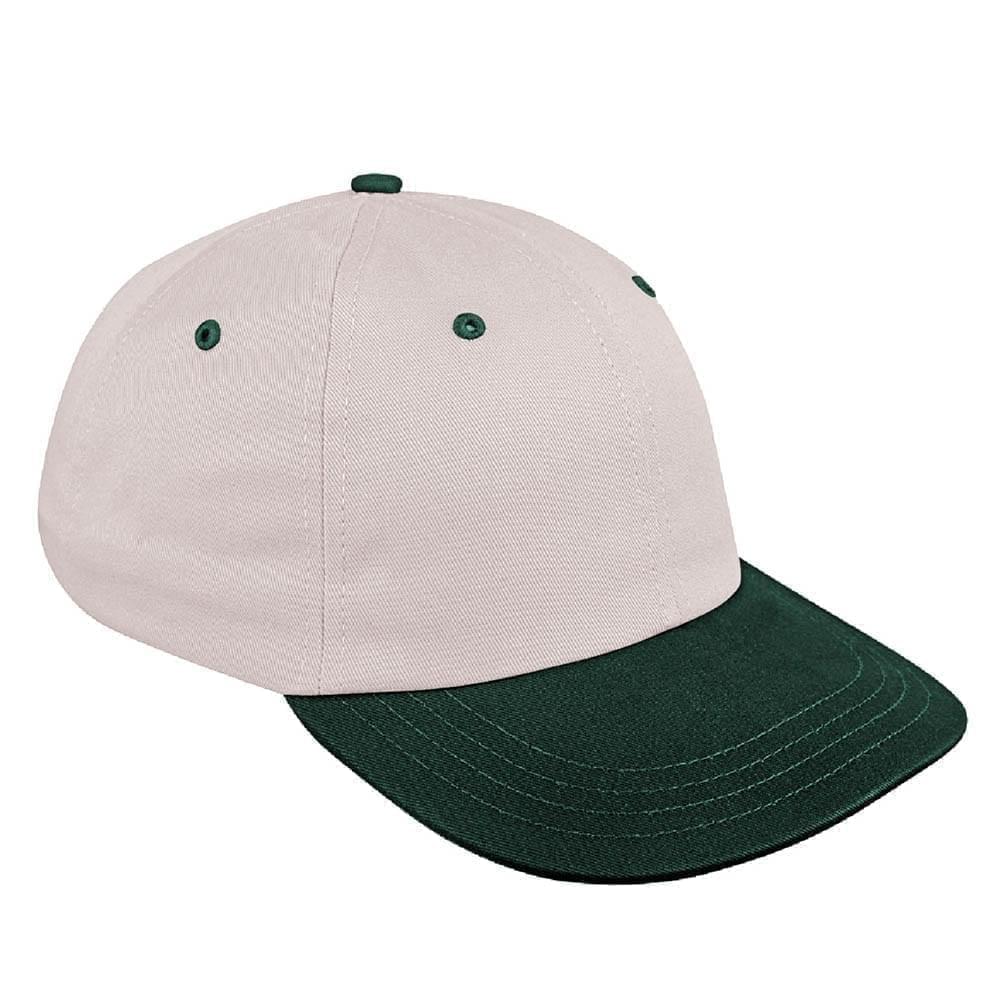 Dad Caps
Dad Caps
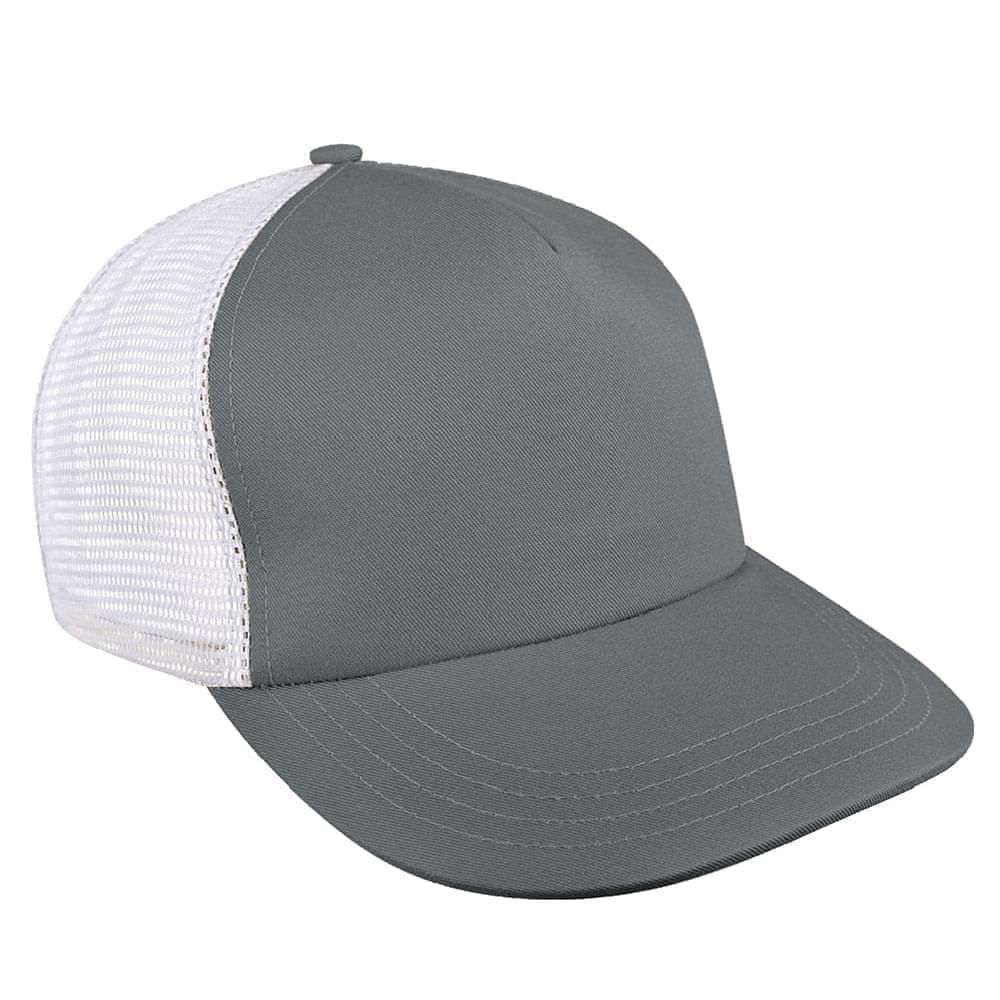 Five Panel Hats
Five Panel Hats
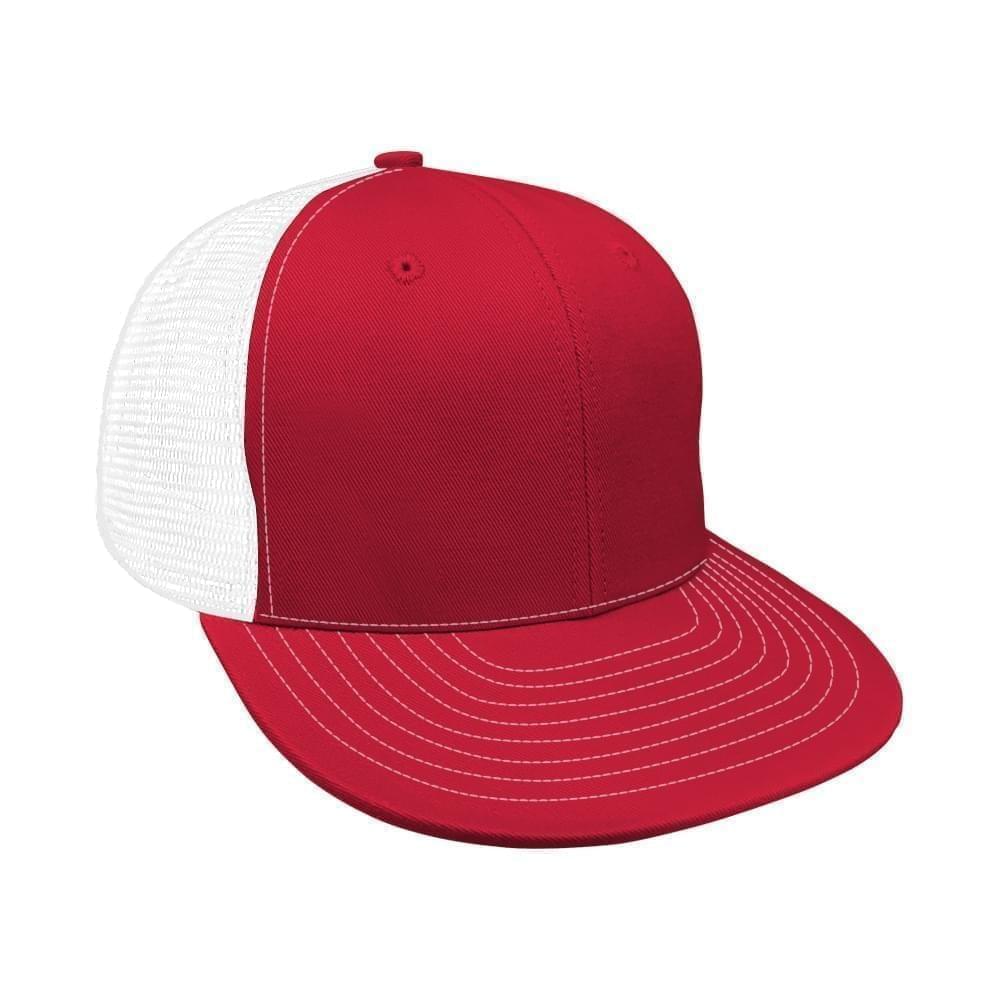 Mesh Back Hats
Mesh Back Hats
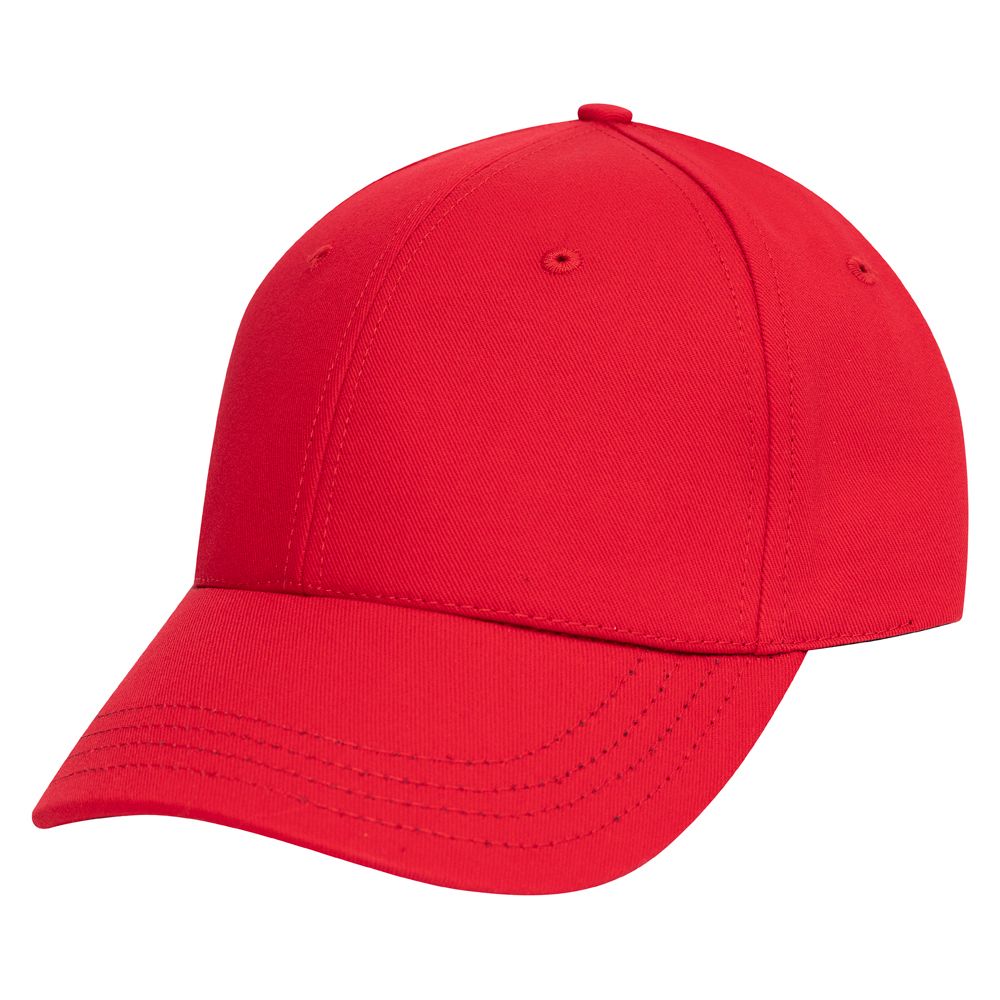 In Stock Blanks
In Stock Blanks
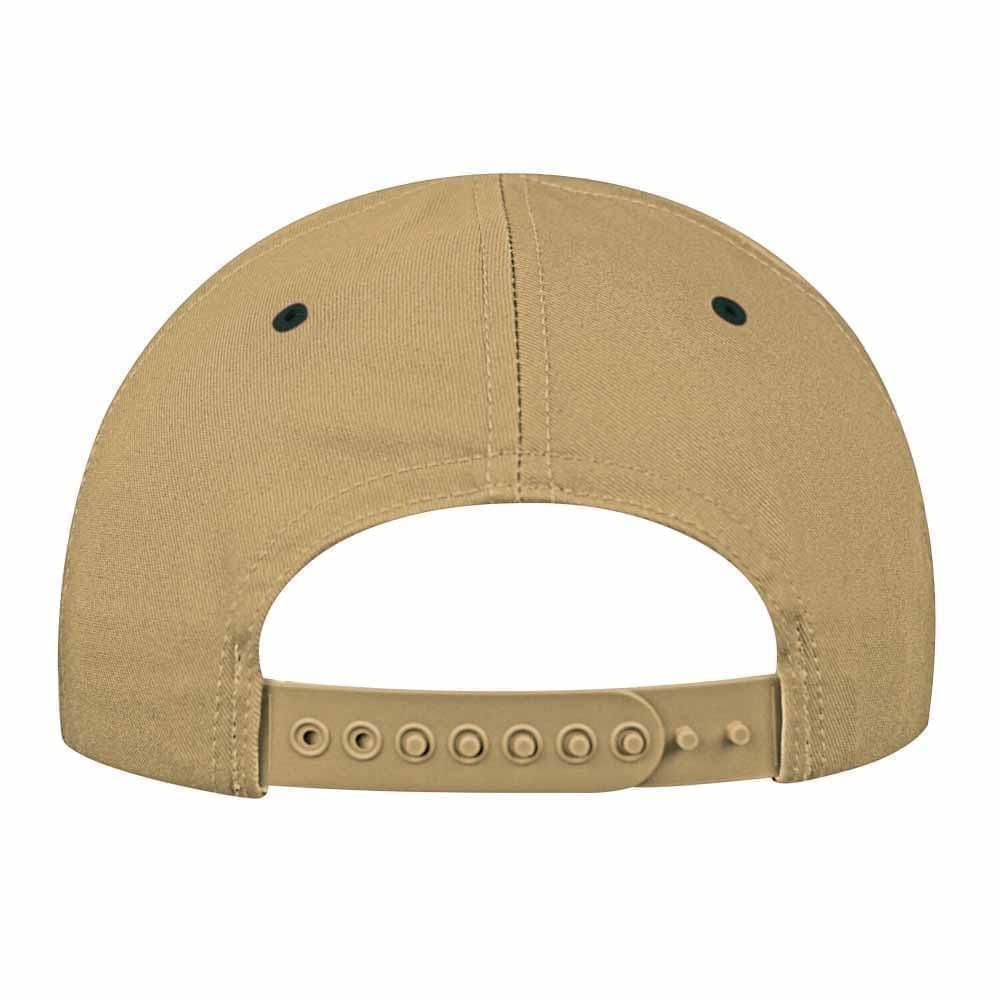 Snapback Hats
Snapback Hats
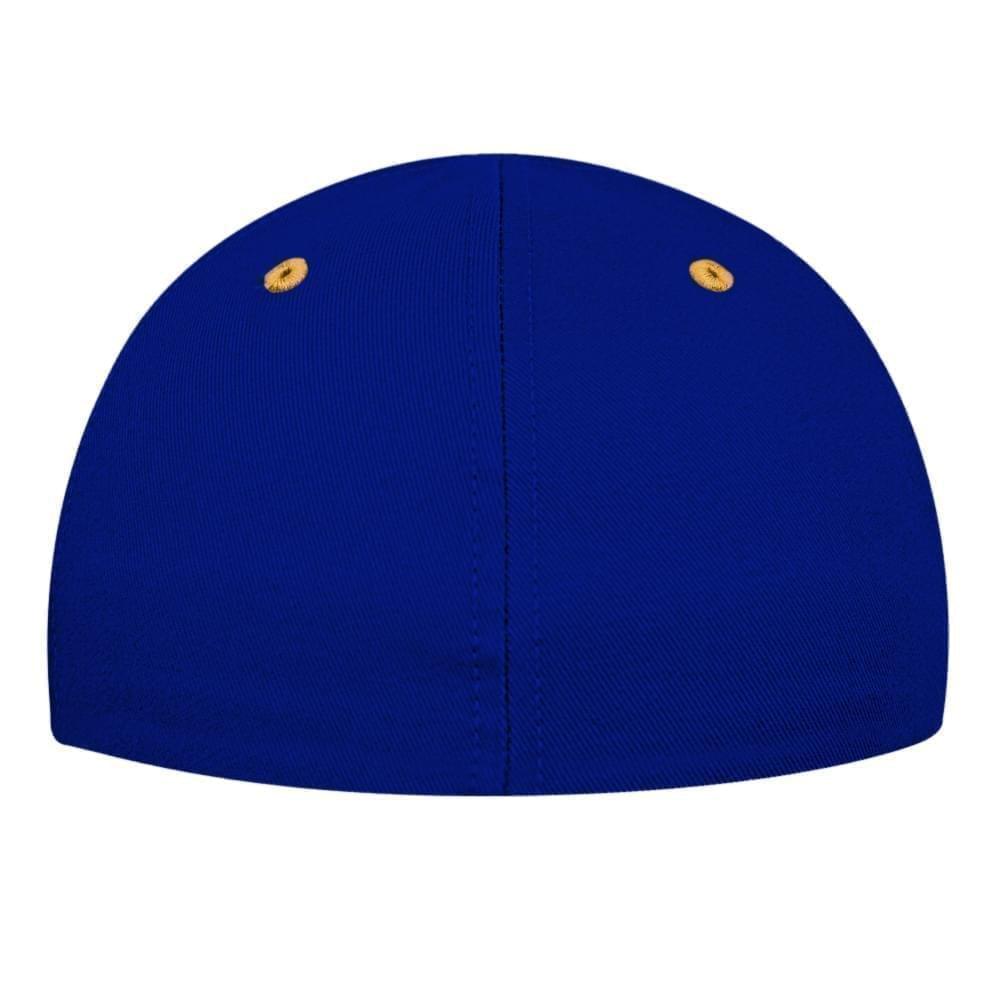 Stretchfit Hats
Stretchfit Hats
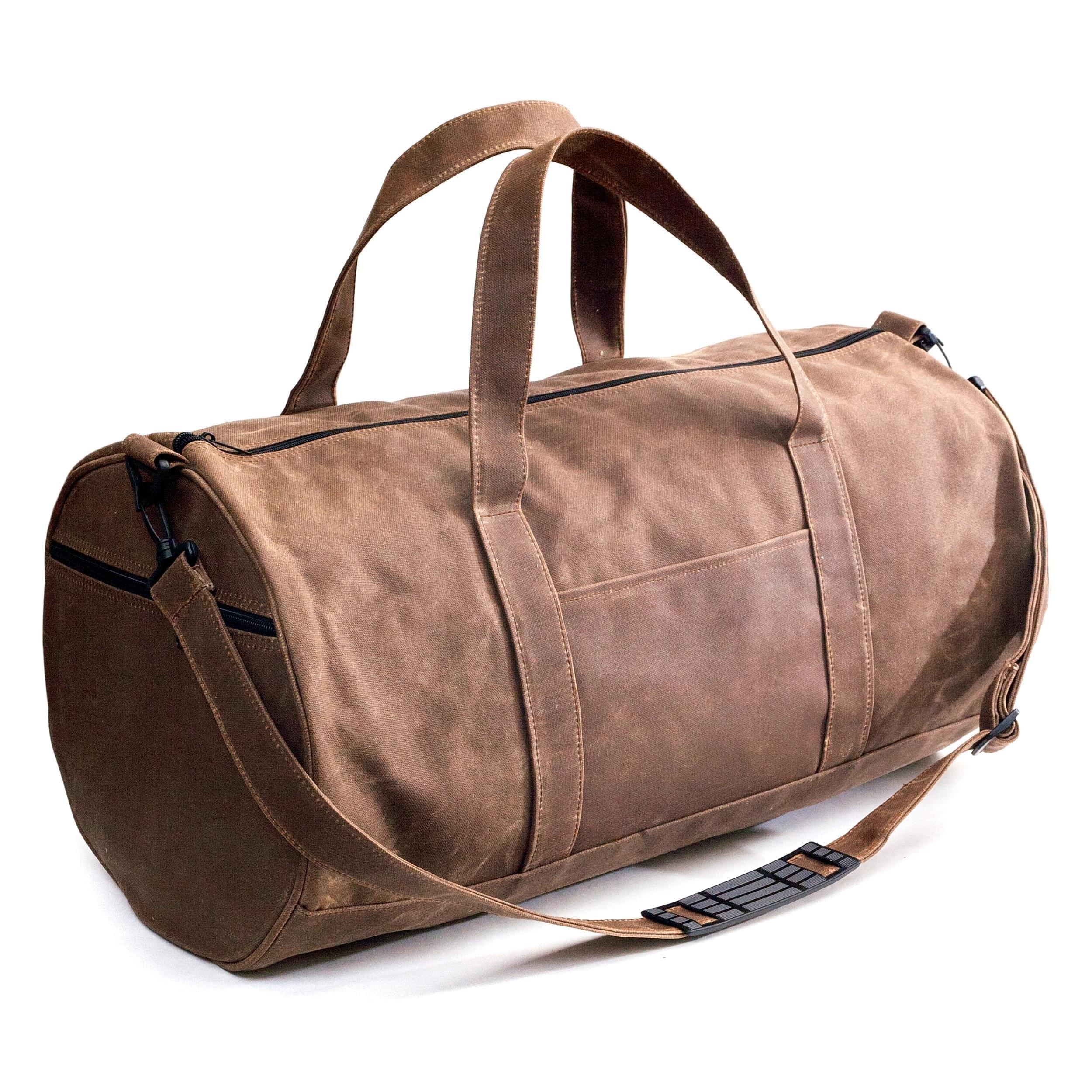 Duffel Bags
Duffel Bags
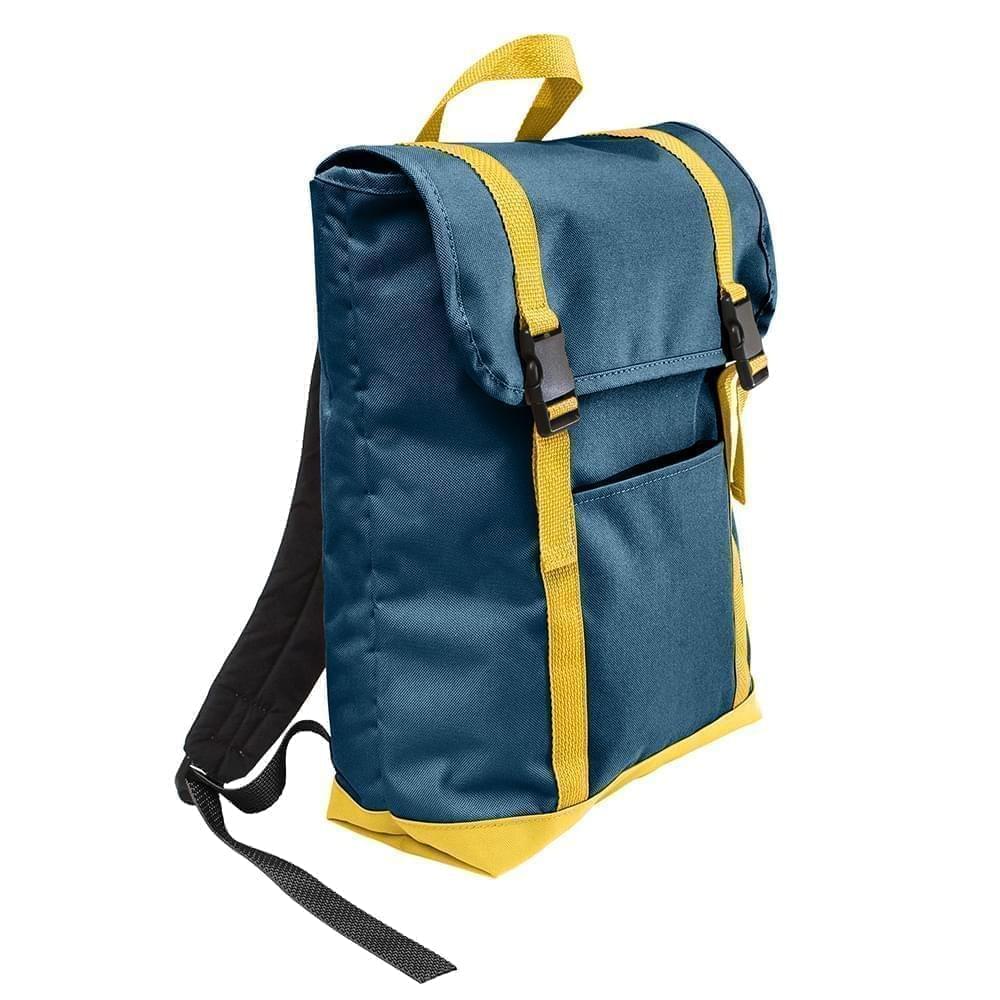 Backpacks
Backpacks
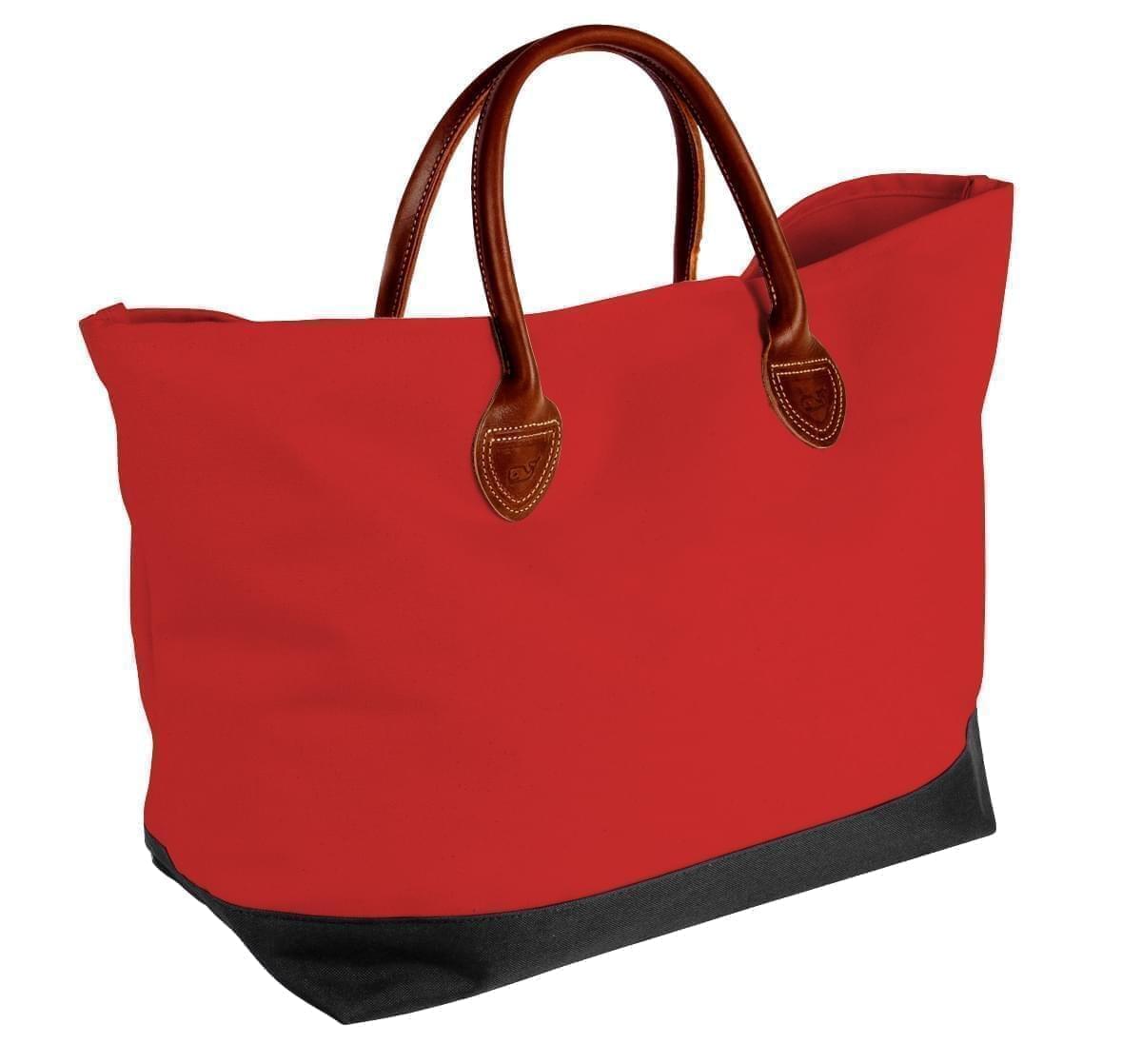 Tote Bags
Tote Bags
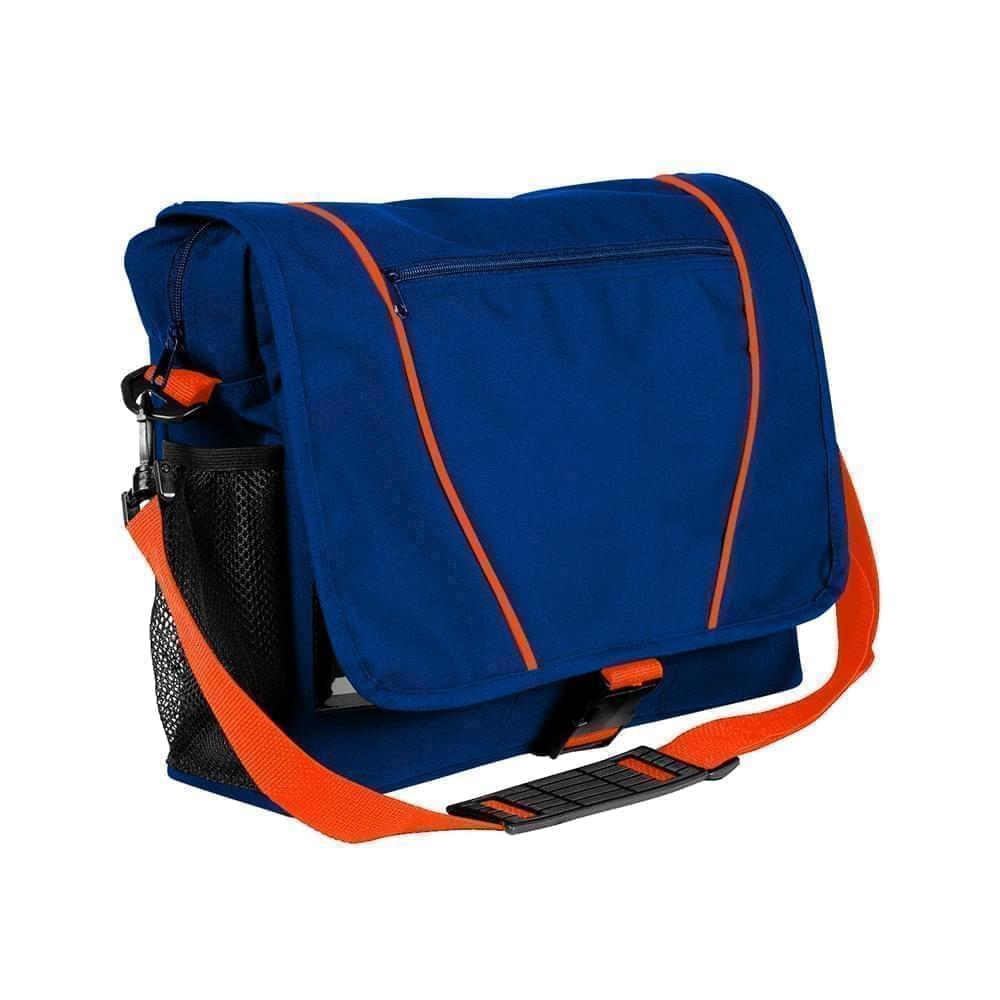 Computer Bags
Computer Bags
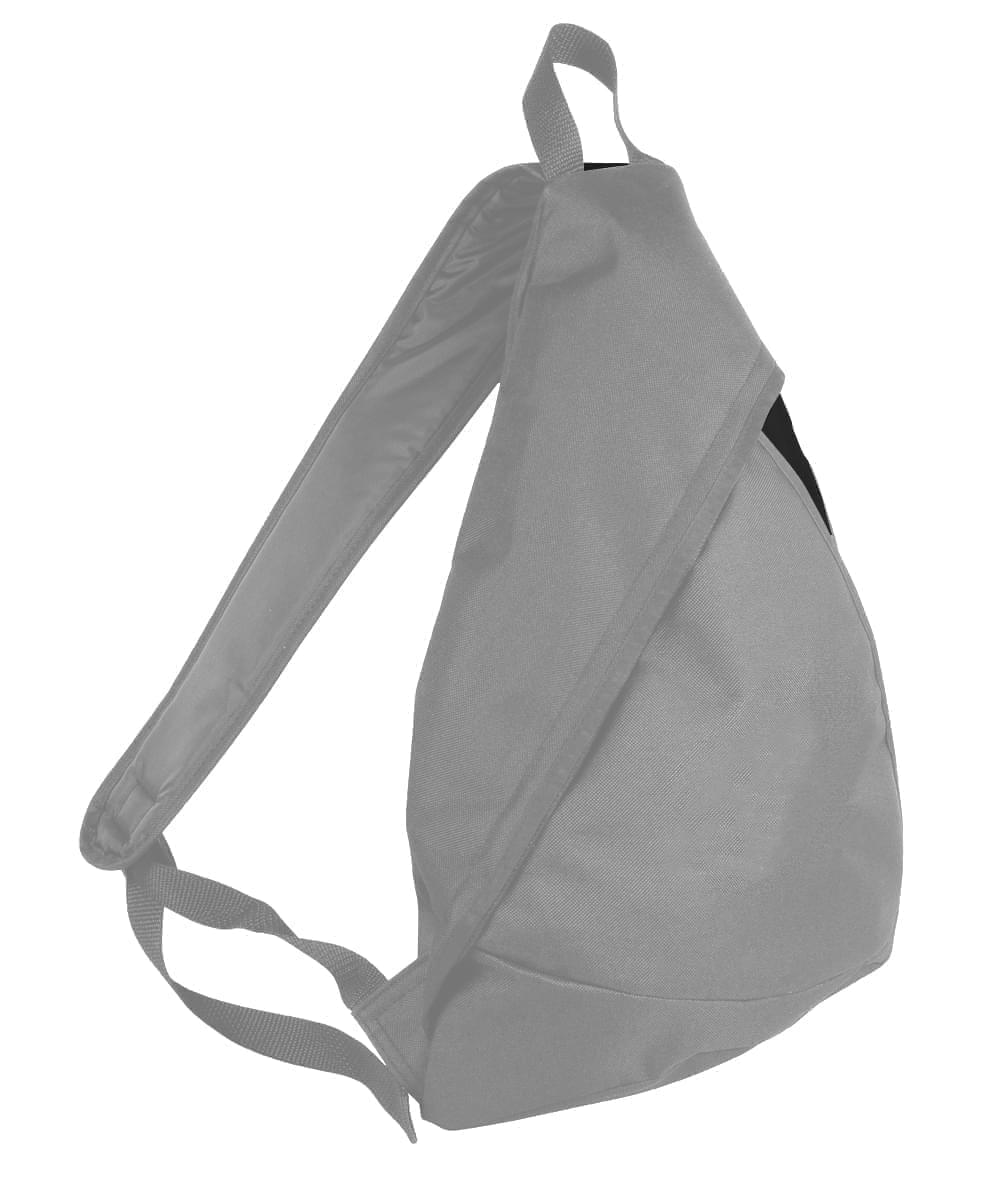 Sling Messenger Bags
Sling Messenger Bags
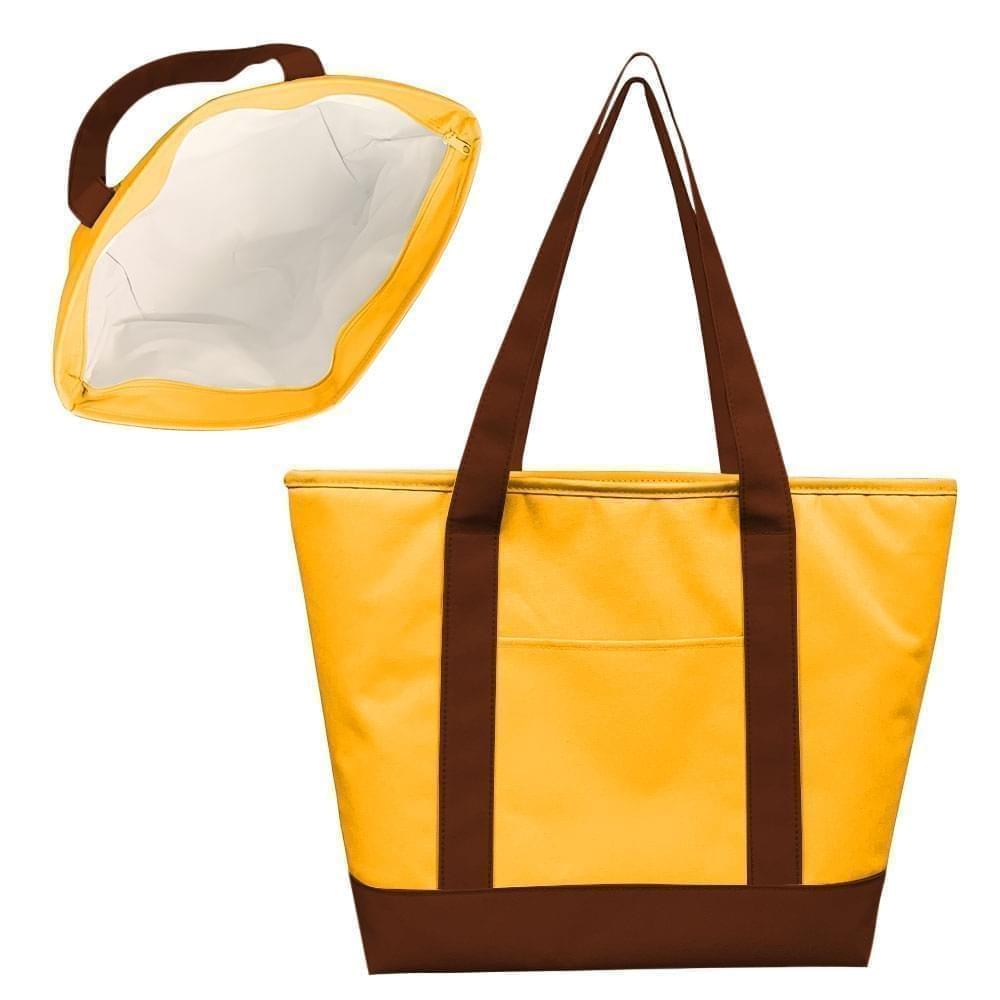 Cooler Bags
Cooler Bags
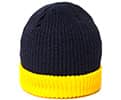 Cuff Hats
Cuff Hats
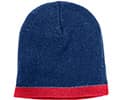 Beanies
Beanies
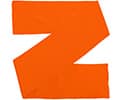 Scarves
Scarves
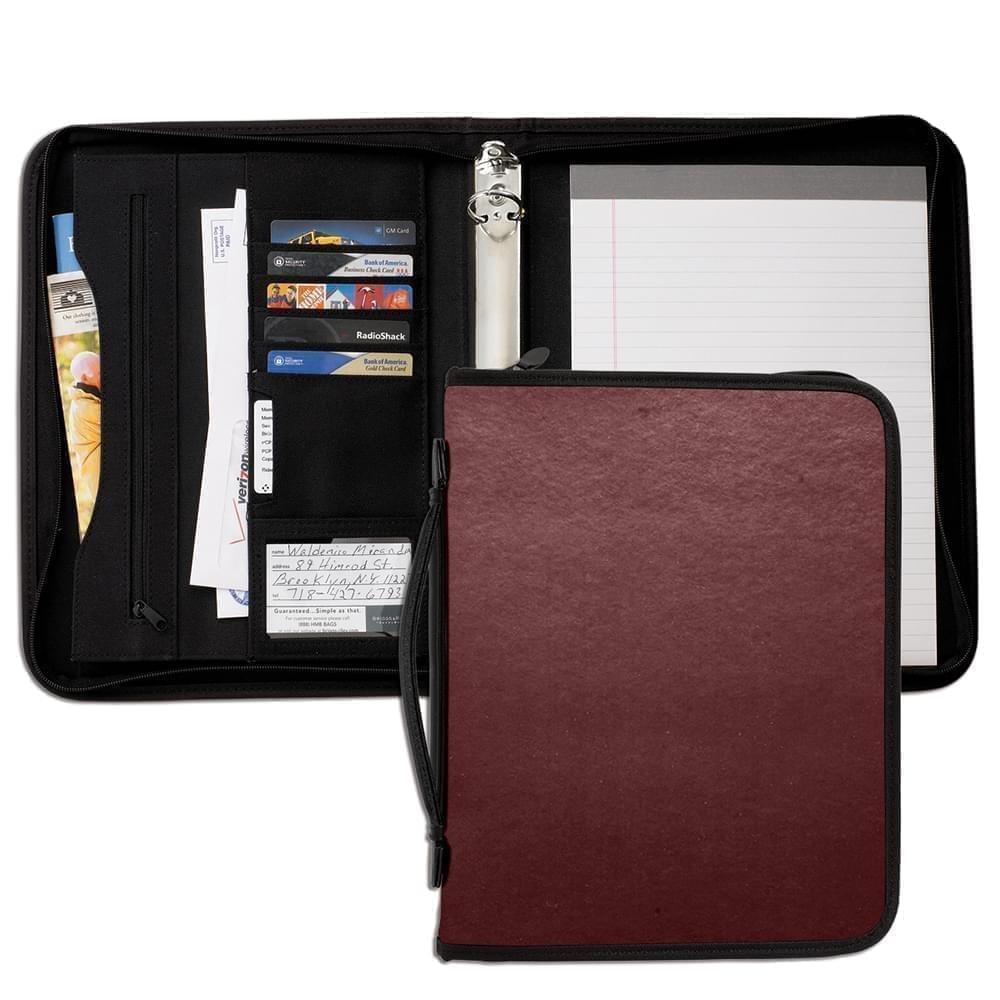 Zipper Folders
Zipper Folders
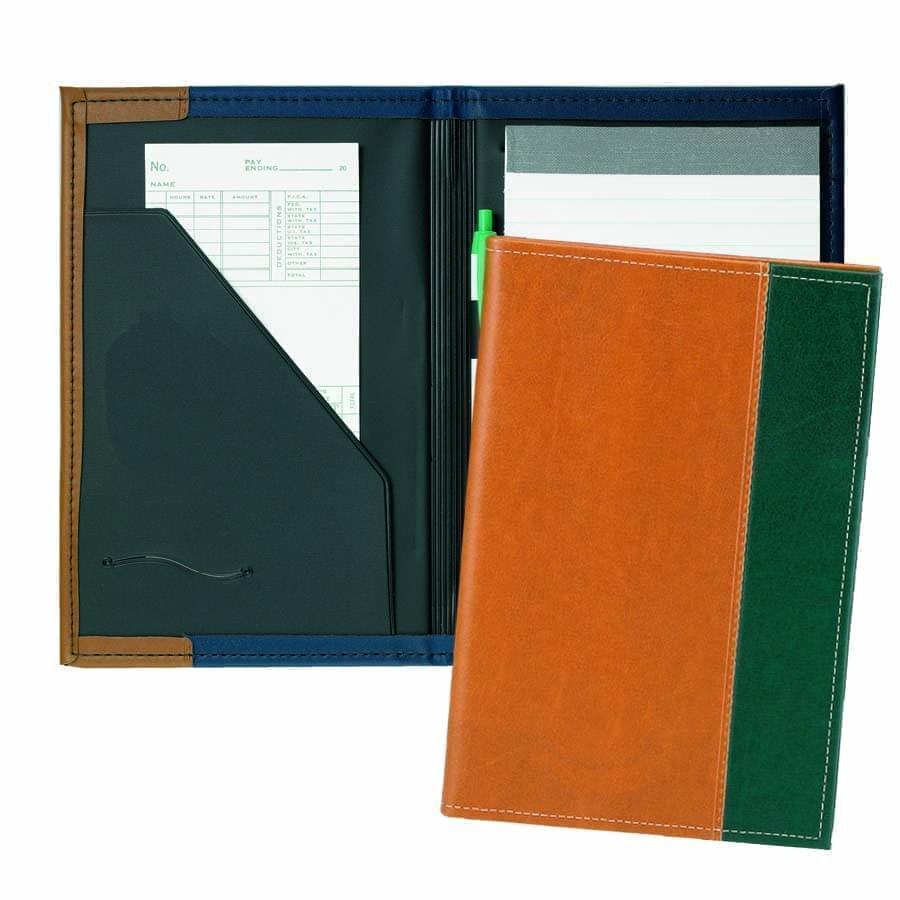 Stitched Folders
Stitched Folders
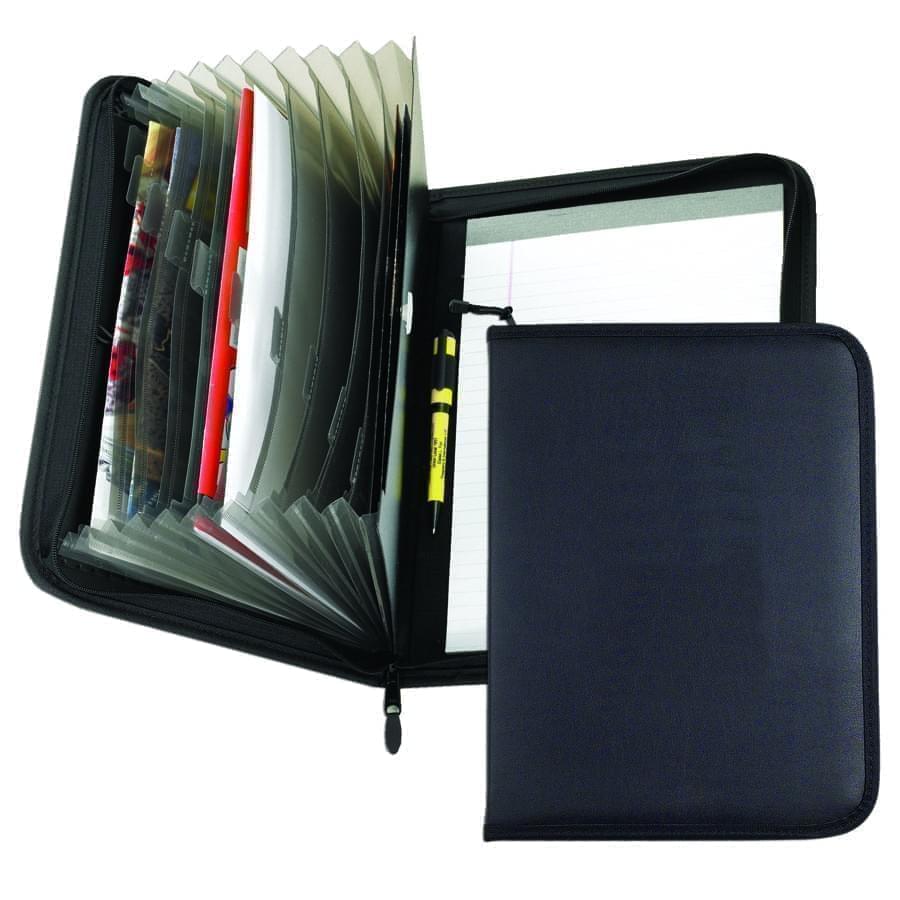 Accordion Folders
Accordion Folders
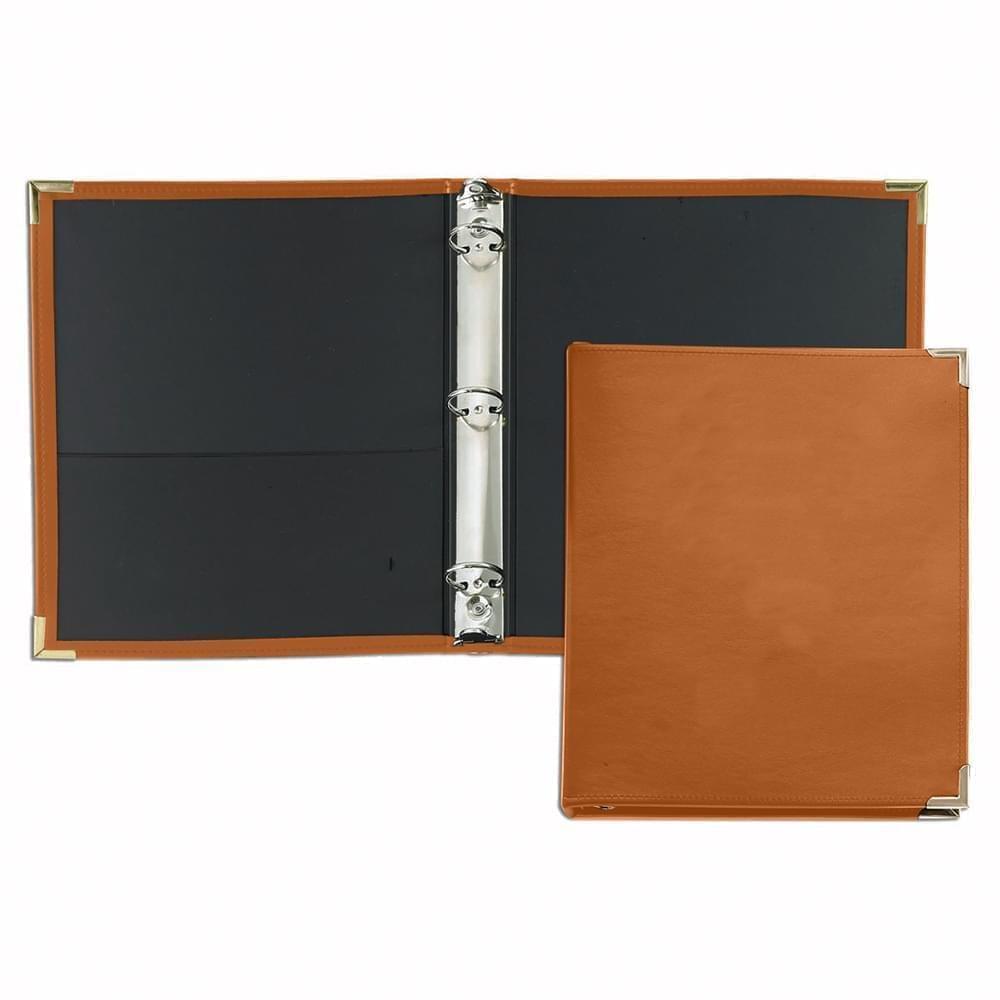 Ring Binders
Ring Binders
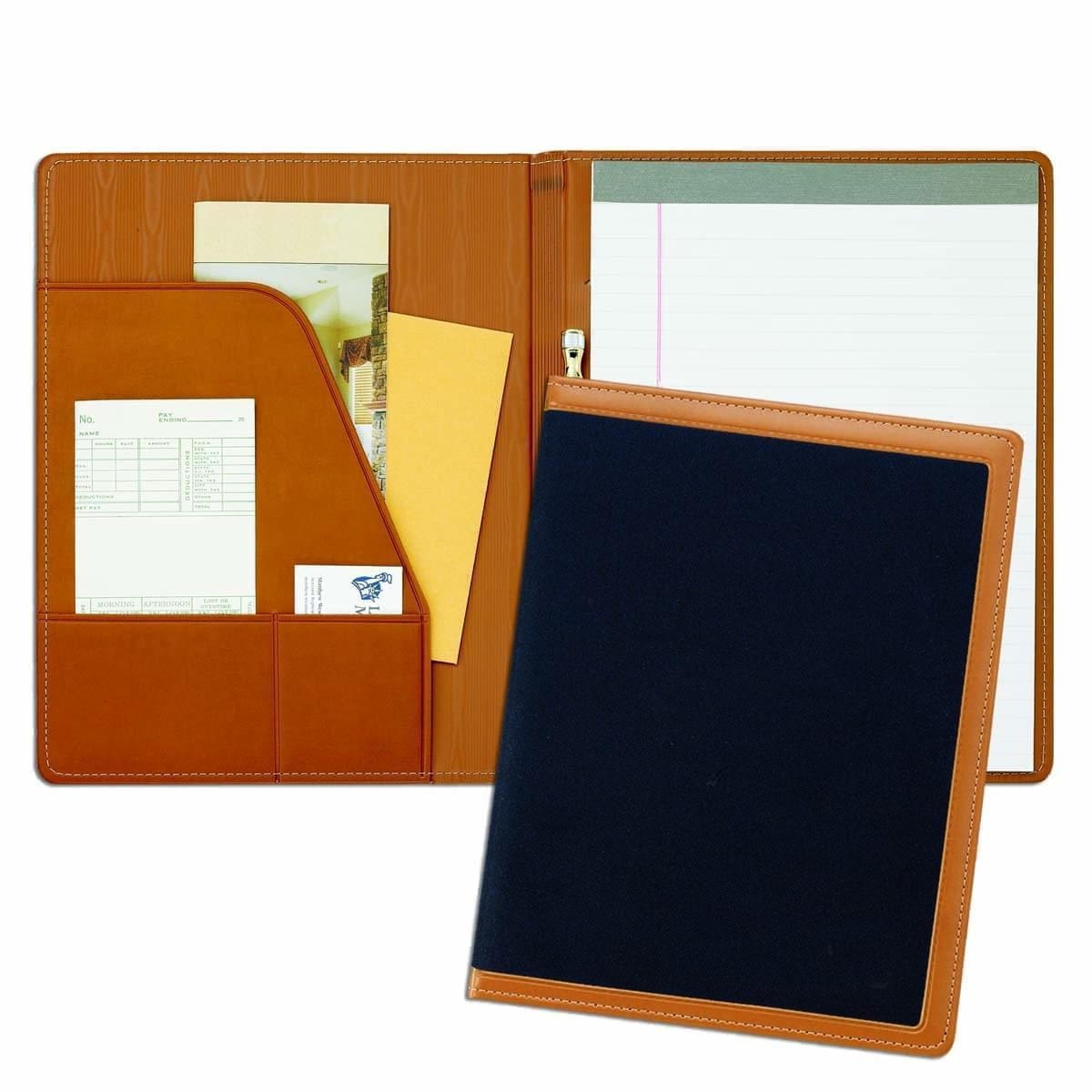 Letter Folders
Letter Folders
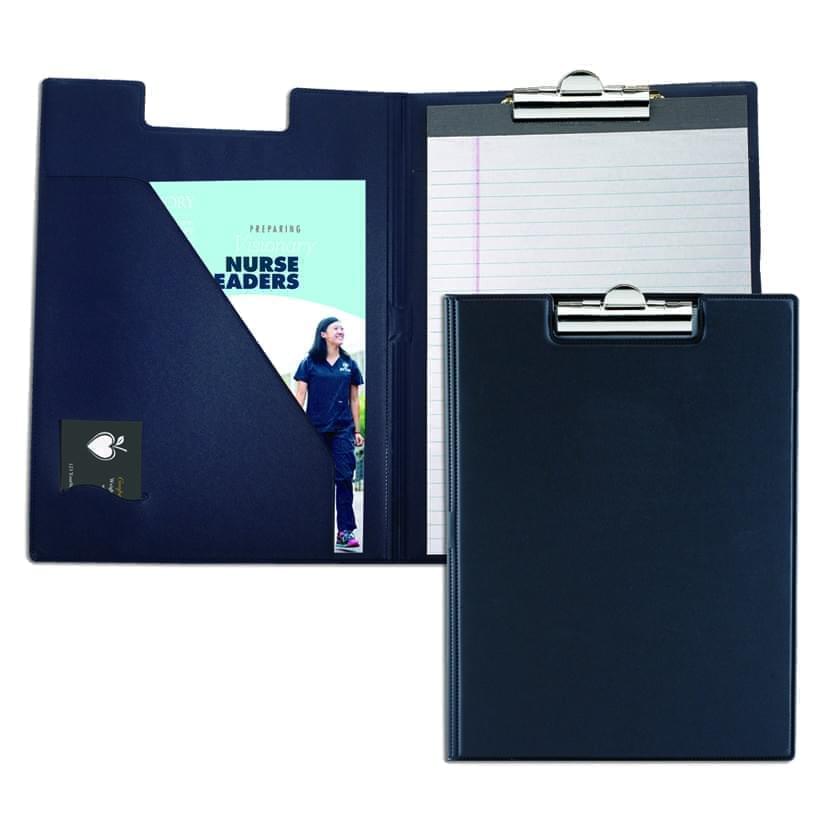 Clipboards
Clipboards
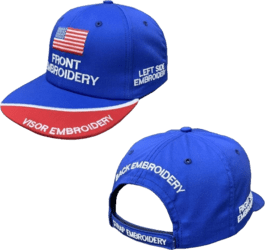
 Union Made In USA
Union Made In USA